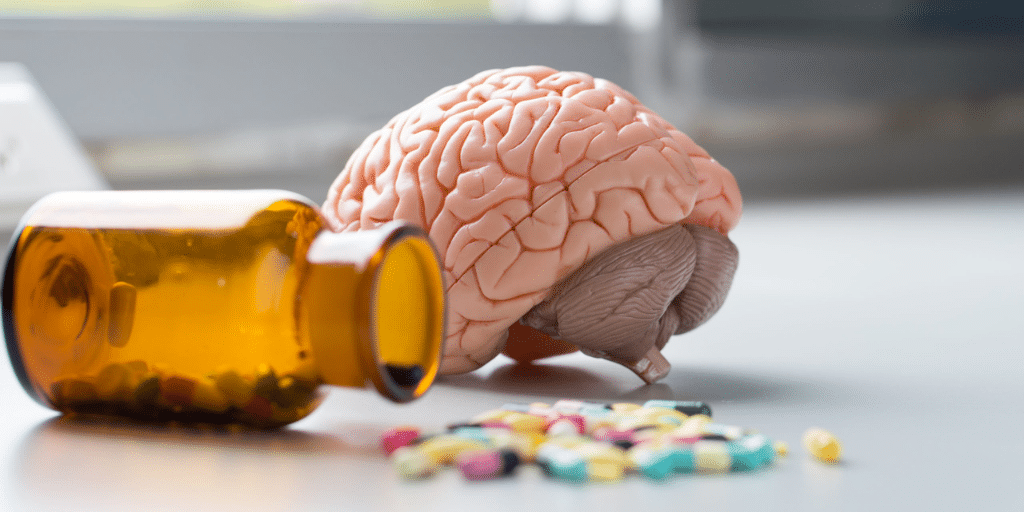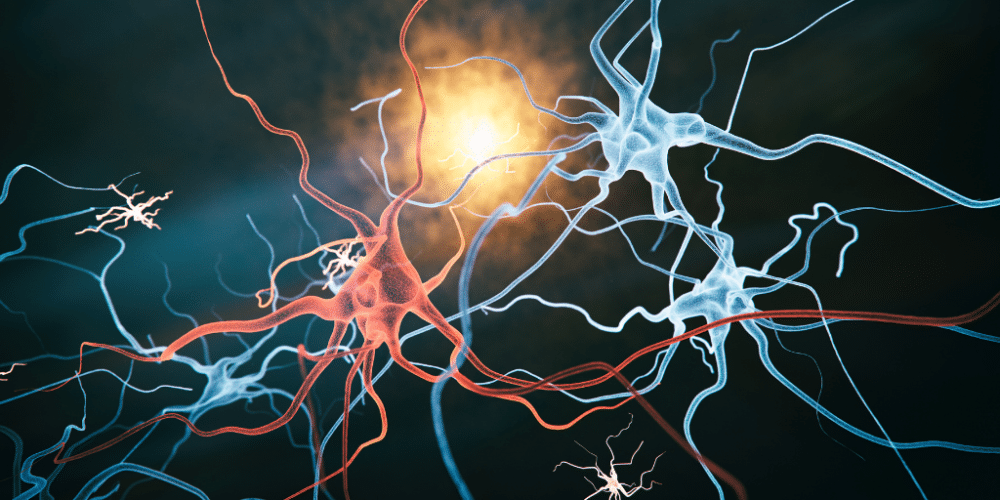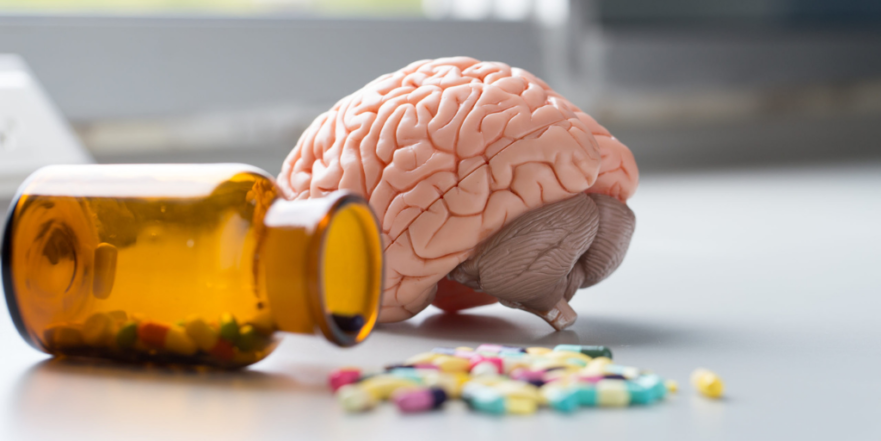
Are the pills you take for anxiety or sleep doing more harm than good over time? For millions, medications like benzodiazepines are a go-to solution for short-term relief. But new, startling research suggests that using these drugs for extended periods could come at a significant cost to your brain’s health.
Scientists from Ludwig Maximilian University of Munich have uncovered a troubling link between long-term benzodiazepine use and brain damage, particularly in older adults. Their findings reveal how these common medications might be responsible for the memory problems some people experience after taking them for a long time. This discovery could change how doctors and patients approach treatments for anxiety and sleep disorders.
Key Takeaways
- New research shows that long-term use of benzodiazepines, a common class of anxiety and sleep medication, may cause the loss of important brain connections called synapses.
- The study found that these drugs activate specific brain cells, called microglia, which then begin to break down and remove these essential synapses.
- Experiments in mice confirmed that a daily dose of diazepam (a common benzodiazepine) over several weeks led to both memory loss and a reduction in brain synapses.
- These findings highlight the need for caution when prescribing benzodiazepines for long durations, especially for older adults who are more vulnerable to cognitive decline.
How Do These Common Medications Affect Your Brain?
To understand this new research, it helps to know a bit about how your brain is wired. Your brain is a complex network of nerve cells that talk to each other through connections known as synapses. These connections are vital for everything you do, from learning a new skill to remembering a cherished moment. Benzodiazepines are effective because they calm the nervous system, but this new study shows they may have an unintended side effect.
The researchers discovered that long-term exposure to these drugs can lead to the physical loss of synapses. This means the very pathways your brain relies on for memory and thinking could be getting dismantled, offering a clear biological explanation for the cognitive issues seen in some long-term users.
A Closer Look at the Science

The damage isn’t random. The study pinpointed the exact mechanism at play. When you take a benzodiazepine, the drug binds to a protein called TSPO, which is found on the surface of your brain’s immune cells, the microglia. This binding triggers a chain reaction, essentially telling the microglia to become overactive and start destroying nearby synapses.
To prove this, the scientific team conducted an experiment on mice. They gave the mice a daily dose of diazepam for several weeks. The results were clear: the mice began to show signs of memory loss, and when the researchers examined their brains, they found a significant reduction in the number of synapses. This confirmed their theory that the medication was directly causing the damage.
What Does This Mean for You?
If you are taking benzodiazepines, this news might be concerning, but it’s important to put it in context. These medications are still very effective and useful for short-term treatment of severe anxiety or sleep problems. The risk identified in this study is associated with long-term use.
The good news is that the research also suggests this damage might not be permanent. Stopping the medication could potentially allow the brain to rebuild some of its lost connections. This finding underscores the importance of having an open conversation with your doctor. You can work together to weigh the benefits of the medication against the potential long-term risks and create a treatment plan that is both safe and effective for you, especially if you are an older adult.
Conclusion
This groundbreaking research provides a critical warning about the potential dangers of long-term benzodiazepine use. By revealing how these drugs can harm the brain, it empowers both doctors and patients to make more informed decisions. As science continues to explore these effects, this knowledge will help shape safer and more effective treatments for people dealing with anxiety and sleep disorders in the future.

